Taiwan or the Republic of China? Island grapples with question of identity as Double Tenth celebrations play down nationalism
- Flag-waving displays of nationalism and military parades are a thing of the past as the island prepares to celebrate the 108th anniversary of the republic that gives it its official name
- Many younger islanders are turning away from association with the mainland in favour of a specifically Taiwanese identity
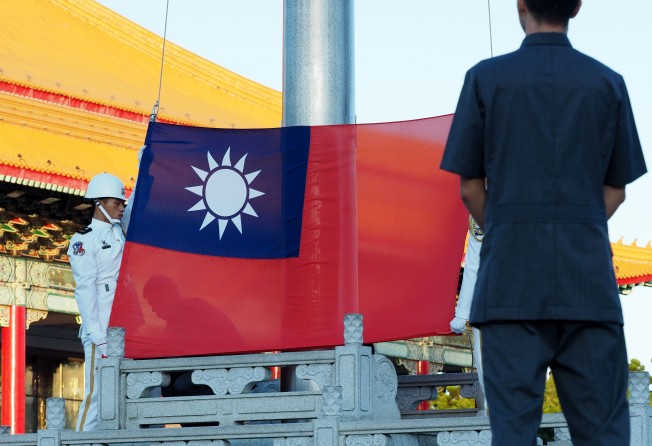
Taiwan celebrates its 108th birthday as the Republic of China on Thursday, but the scale of both the festivities and displays of nationalism have dwindled over the years as the island struggles to stop itself from becoming isolated from the rest of the world while its people increasingly cast doubts over their official identity.
While all the necessary ornaments to decorate the 100-year-old Presidential Office are already in place, the seas of Republic of China flags that used to fly all over Taiwan to mark the “Double Tenth” are largely missing.
Since Friday, an eight-minute light show has been projected onto the Presidential Office six times a night.
It depicts Taiwan’s development over the past decades and features the island’s once-boasted baseball success stories, the launch of the Formosa-7 satellite and the recent completion of a prototype of its indigenous trainer jet Brave Eagle.
Conspicuously missing from the colourful show, however, is the history of the Republic of China – a title used by the island’s authorities since Chiang Kai-shek’s Nationalist, or Kuomintang, forces retreated to the island in 1949 and set up an interim government following their defeat in the civil war.
“I remember when I was young, countless ROC national flags depicting the white sun and blue sky on a crimson red were flying everywhere during the Double Tenth national day [October 10], while huge arches with the national emblem and symbols were erected in major thoroughfares,” said 55-year-old bank executive Yang Yi-kuang.
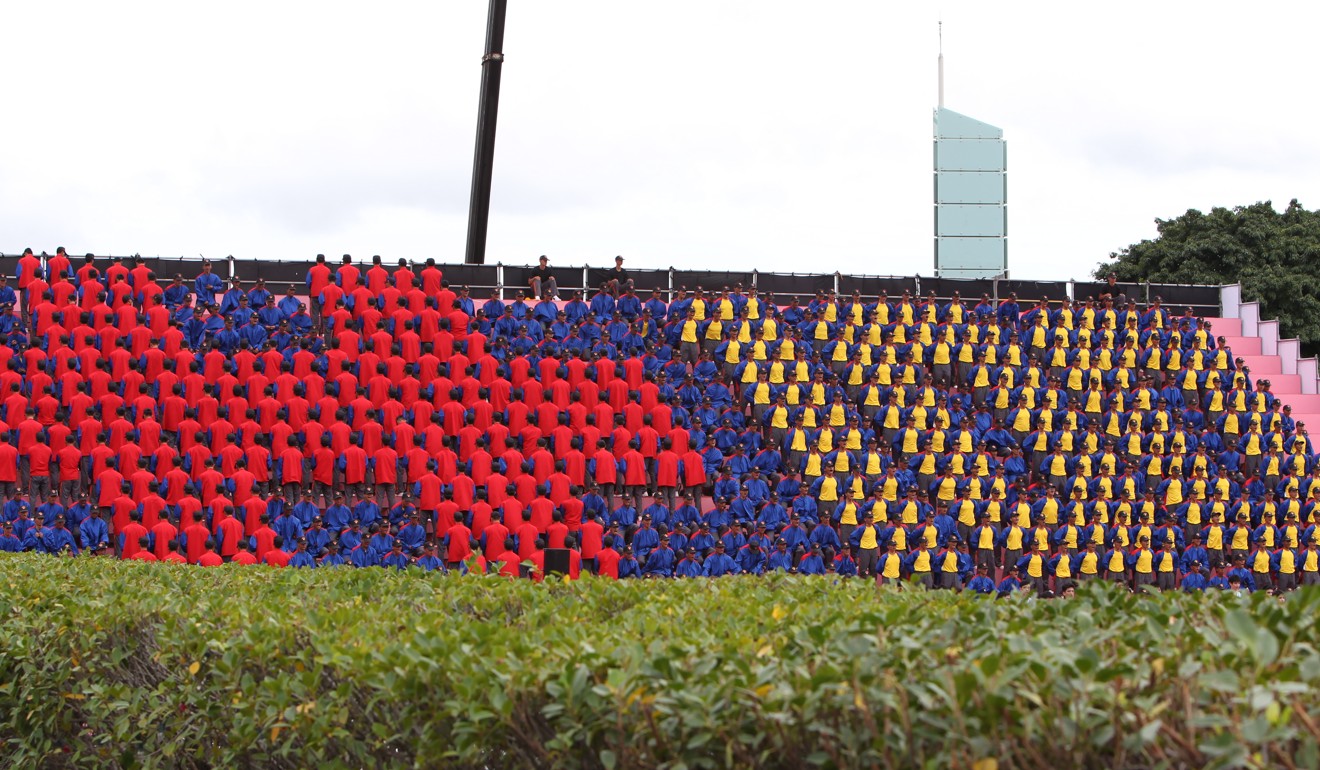
Yang, who grew up in a community for military dependents in Tainan on the south of the island, said he remembered celebrations of the national day before 2000 were characterised by a nationalistic mood, as patriotic anthems were played and grand military reviews held.
“The history of the Republic of China and its founder Sun Yat-sen was repeated again and again at that time, especially through national day speeches and special television and radio programmes,” he said.
Yang also recalled that taking part in a predawn flag-raising ceremony on national day was seen as proof of love for the Republic of China.
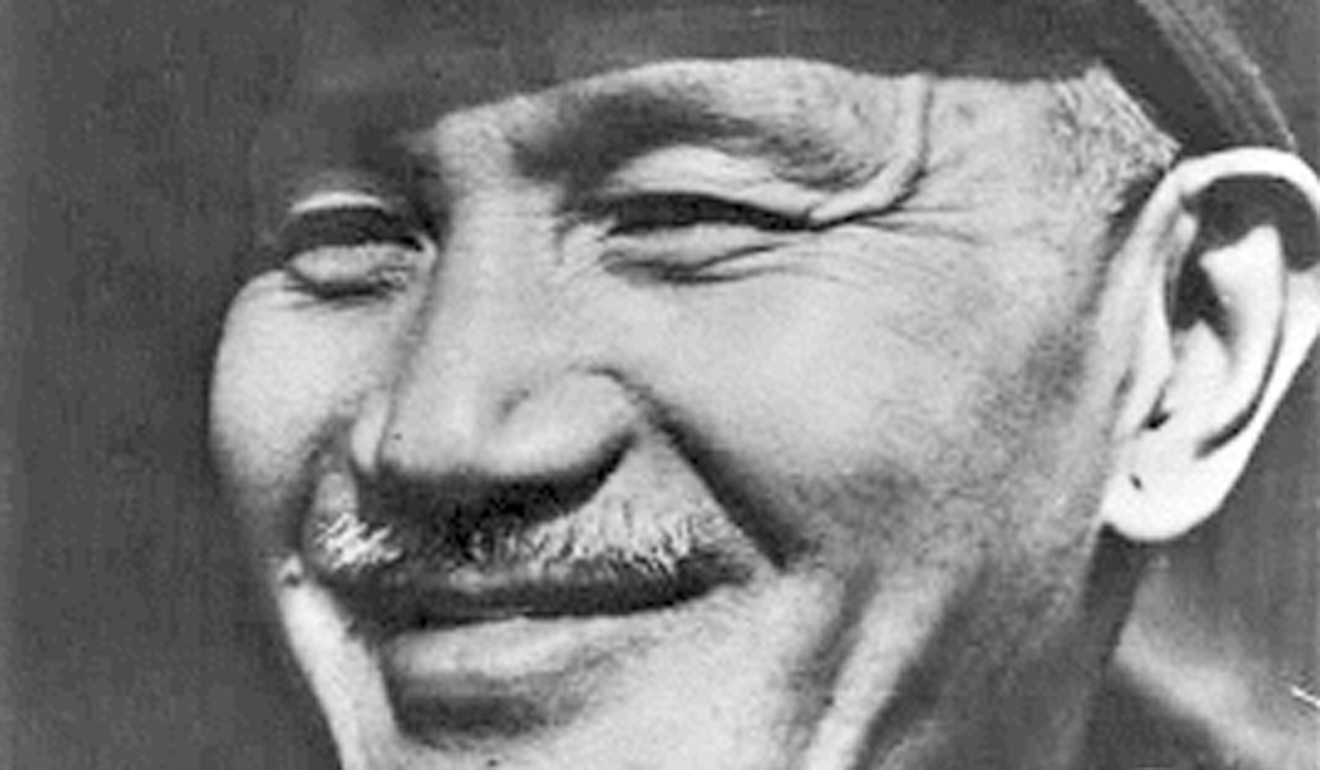
But things changed when Chen Shui-bian from the Democratic Progressive Party was elected as president in 2000, ending the KMT’s 55-year rule over the island.
Five months after he was sworn in, the pro-independence Chen cancelled the military review and refused to sing the national anthem during the national day ceremony, let alone attend the flag-raising ceremony – something the KMT saw as a refusal to identify himself with the Republic of China.
In a Facebook post published on October 1, Chen explained his thinking, writing: “When I was first elected, the military asked me if I wanted to follow the previous practices of holding a military review and I told them that the military review was the product of imperial militaristic government.”
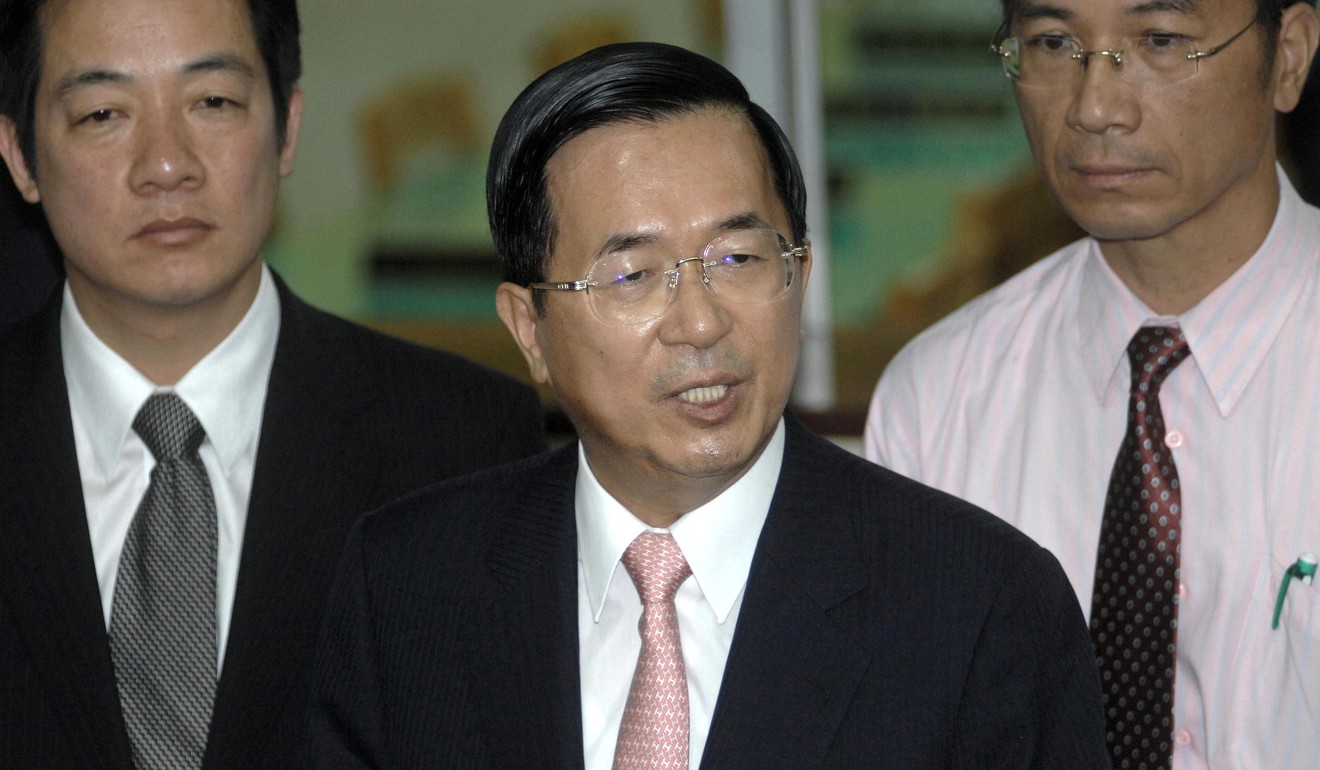
While Chiang Kai-shek remained president, the KMT still harboured hopes of striking back and recovering the mainland.
But after he died in 1975, his son Chiang Ching-kuo began to realise it was a mission impossible and devoted his attention to carrying out economic reforms on the island.
But slogans about recovering or reunifying the mainland and Sun’s Three People’s Principles – nationalism, democracy and the livelihood of the people – were still prevalent even after the death of the younger Chiang and into the presidency of Lee Teng-hui, who was in power between 1988 and 2000.
But during Chen’s eight-year presidency, no large-scale military parades were held to mark the Double Tenth celebrations.
When the KMT returned to power between 2008 and 2016, president Ma Ying-jeou held just one large-scale military review to mark the ROC’s centenary and since Tsai took office in 2016, there have been no military displays to mark the holiday, only civilian parades.
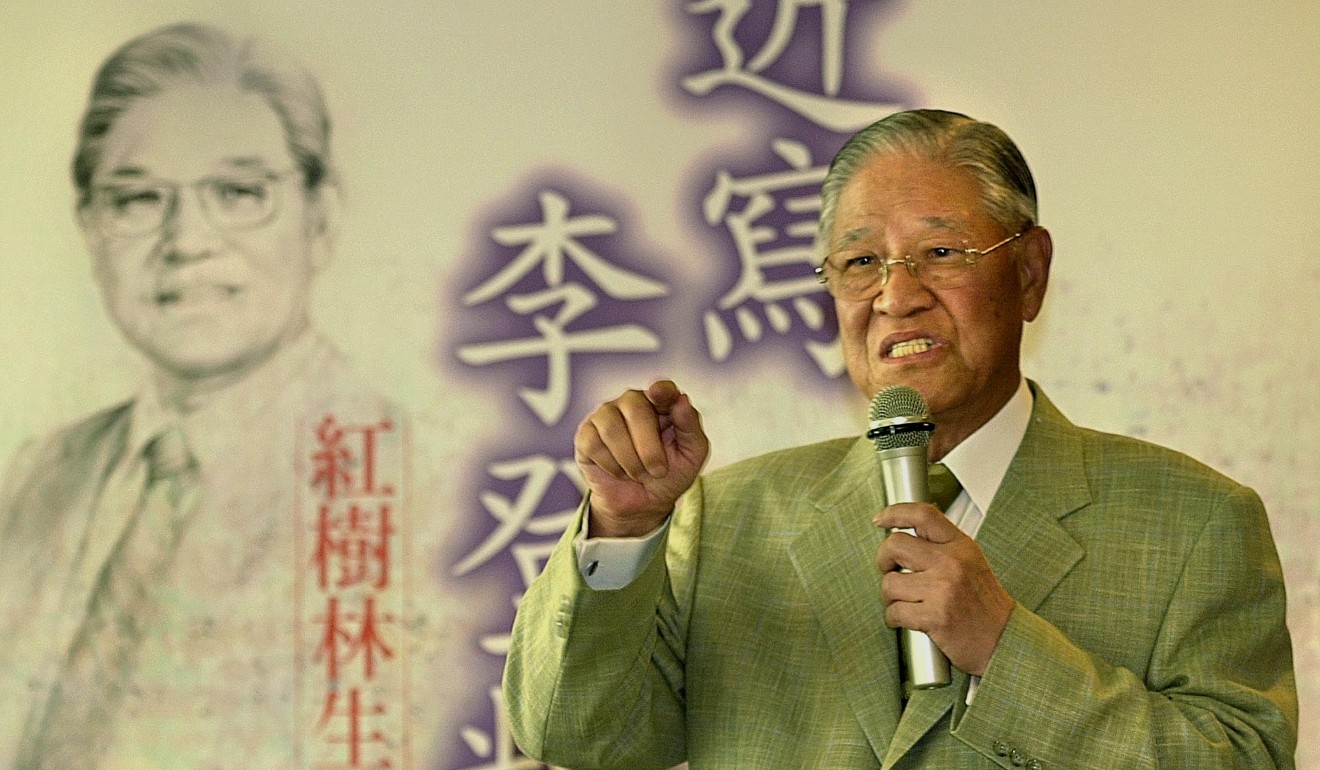
“Actually, the celebration of the ROC national day was no longer as significant as before ever since Lee Teng-hui began to reject his Chinese identity and brought up the theory in 1999 that Taiwan and China are states on each side of the Taiwan Strait, which sharply infuriated Beijing,” said Wang Kung-yi, a professor of political science at Chinese Culture University in Taipei.
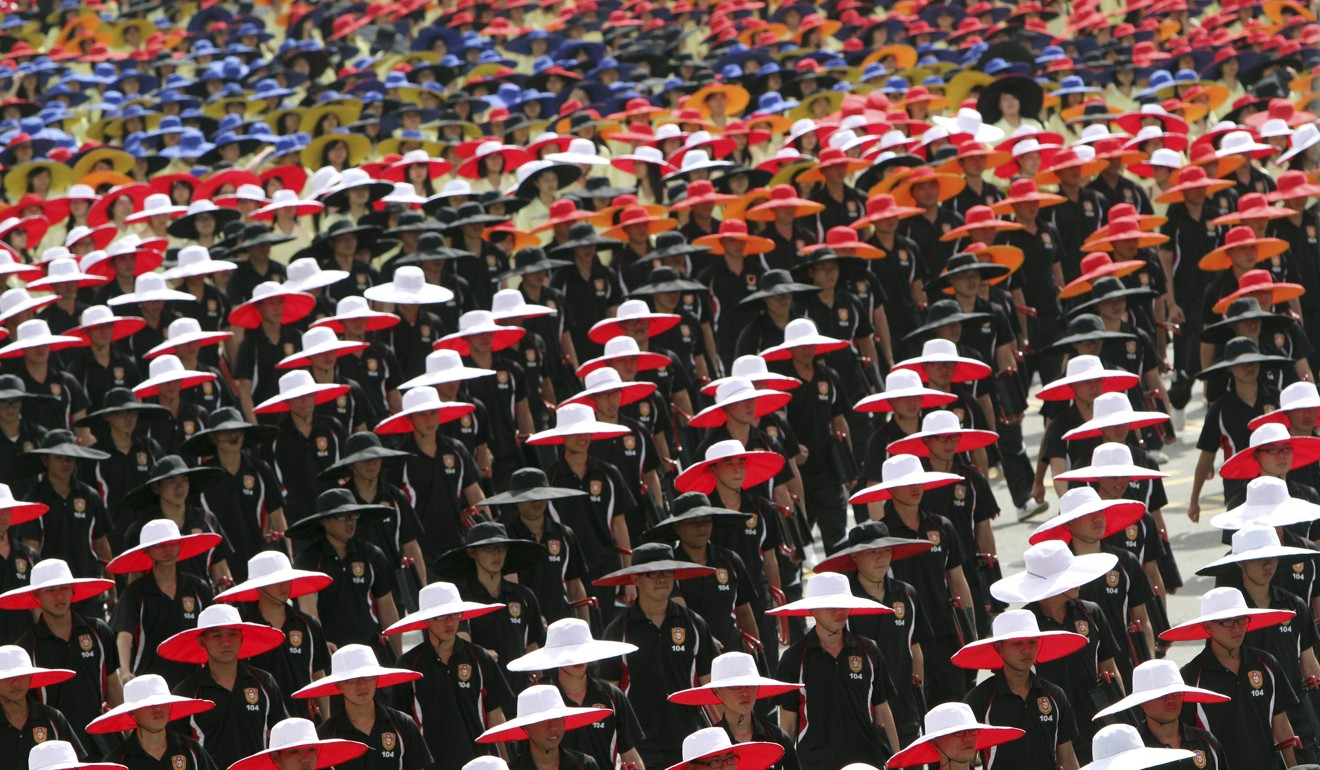
Wang said that after Chen took office as president in 2000, he followed Lee’s example of promoting a distinctively Taiwanese identity by downplaying the island’s historical links with mainland China by various means, including revising history textbooks and promoting the Taiwanese dialect.
“People born after the 1990s naturally identify themselves as Taiwanese rather than Chinese. So celebrating the ROC national day means little to them as they have been brought up at the time that when the ROC history is no longer stressed,” he said.
Today for most young people in Taiwan, the Double Tenth celebrations no longer feel as important as they did to previous generations.
“I don’t identify myself as Chinese because I was born in Taiwan and I am Taiwanese, and my passport also specifies that I am from Taiwan,” said 21-year-old student Michael Yu – a reference to the fact the island’s passports carry the name Taiwan along with the official Republic of China title.
According to a survey released by the National Chengchi University’s Election Study Centre in June, the number of locals who identified themselves as Taiwanese has increased from 17.6 per cent in 1992 to 56.9 per cent this year, while the number of those identifying themselves as Chinese has plunged from 46.4 per cent to 3.6 per cent.
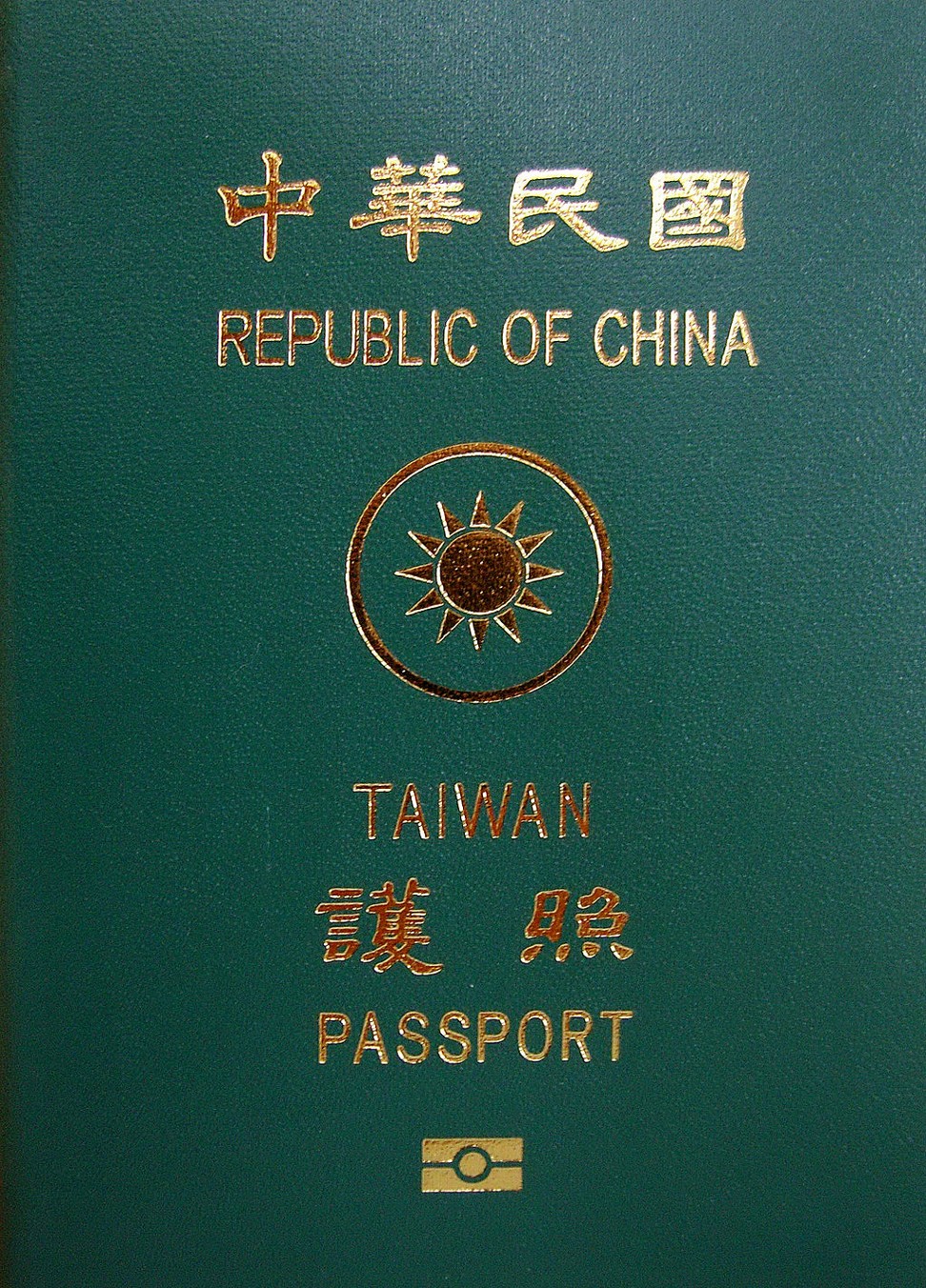
Analysts said the sense of Taiwanese identity has been emphasised more strongly since Tsai took office in 2016 and rejected Beijing’s offer of closer ties with the mainland in return for accepting the principle that there is only one China even if the two sides differ on what that means.
Beijing regards Taiwan as a renegade province which must return to the mainland fold eventually – by force if necessary.
Following Tsai’s rebuff it has stepped up military intimidation against Taiwan and poached seven of the island’s remaining diplomatic allies to try to force her to hold unification talks – tactics that analysts believe have only caused further resentment on the island.
“With China continuing to woo away Taiwan’s allies, it also highlights the question over whether Taiwan should remove its official ROC title once and for all,” Fan Shih-ping, a political-science professor at National Normal University, said.
.